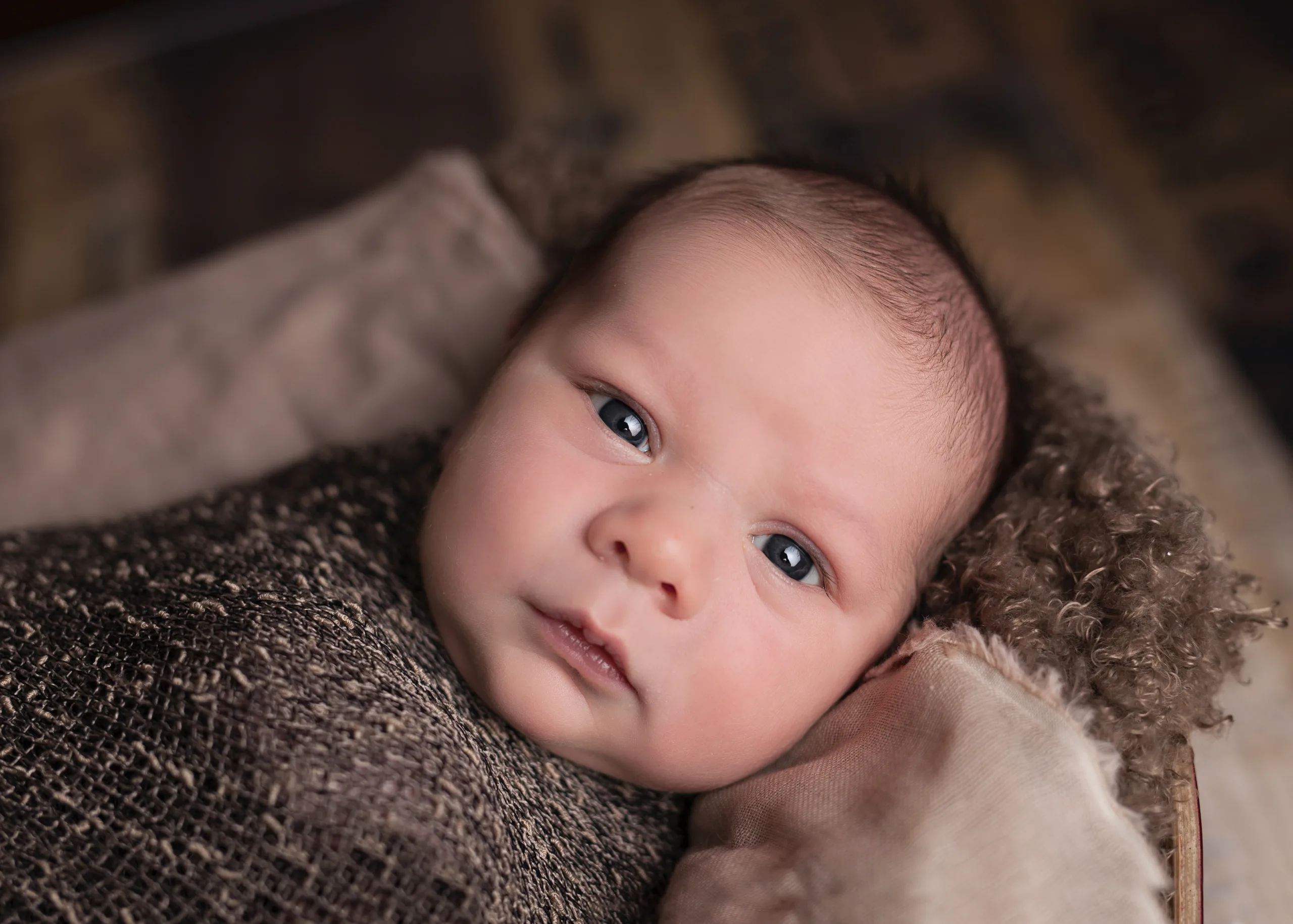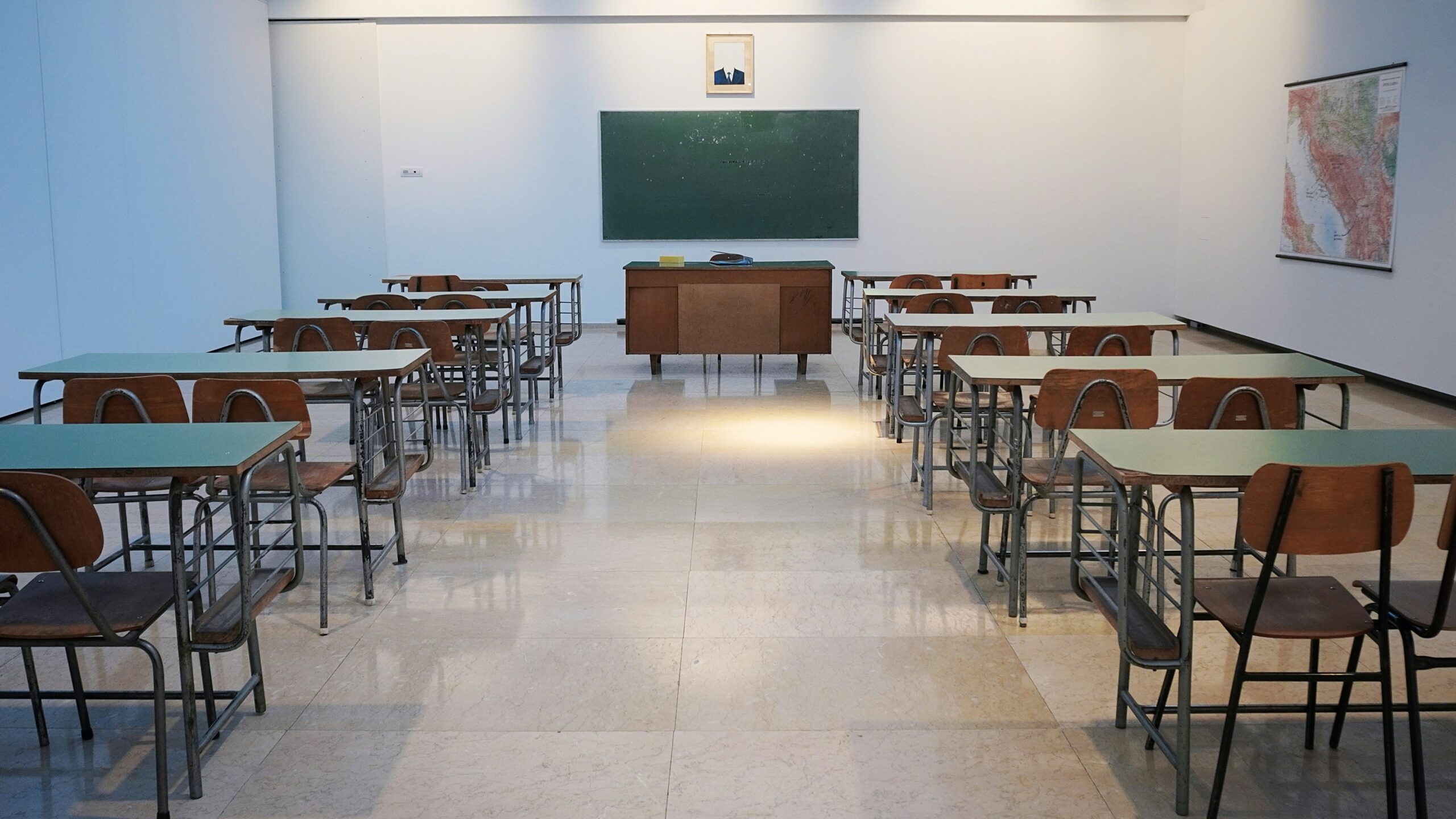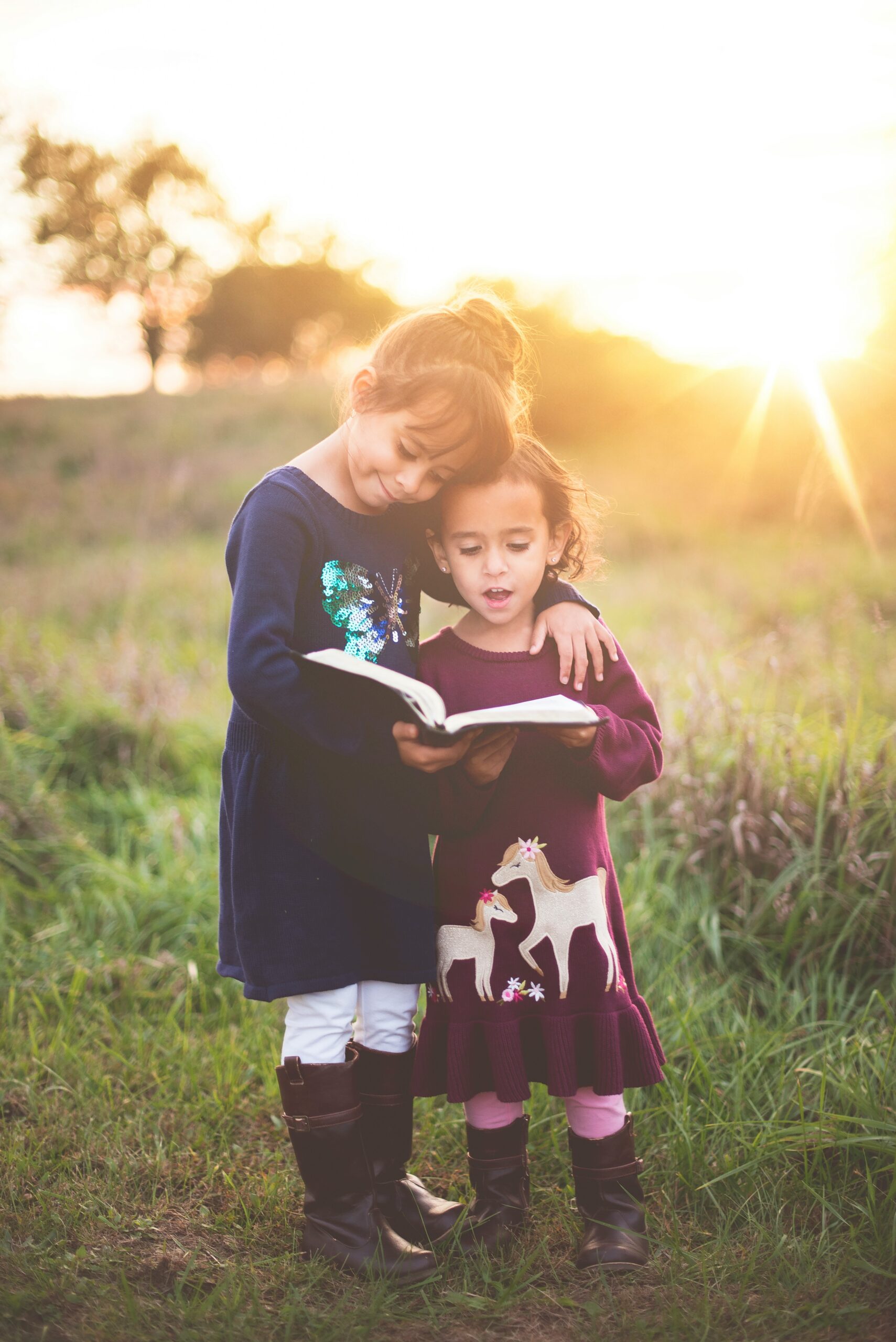What to Expect?
Your baby is now ready for the new world outside. She is very keen to know what’s going on around her. So spend much much time with her. Make her comfortable in your environment. A second-month baby will have a few milestones:-
1. Sleeping Pattern:- At this age, babies sleep 15 to 20 hours a day. They usually stay awake all night for breastfeeds or formula feeds and sleep in the daytime. Don’t worry about this and don’t force your baby to sleep at night, this can make him feel uncomfortable and he may get fussy. Your baby will learn on its own to sleep at night. You may feel exhausted by staying awake all night so sleep in the daytime when the baby sleeps. Because your body also needs so much rest after a c-section or vaginal birth. If you are healthy you can look after your baby. Make sure there are no pillows, stuffed toys, blankets, and clothes on your baby’s bed when he is sleeping. If the baby is over those things or with them, he may not breathe properly and SIDS ( Sudden Infant Death Syndrome ) can occur.

2. Motor Skills:- Your 2-month-old baby can hold her head a little steady when you keep her on her tummy or when you make her sit upright. They can hold their head fully steady and you may notice their head swings if they try to keep it steady. This is completely normal because they are trying to develop their motor skills. Some babies like to suck their fingers at this age. When you place a toy in front of her, she may stare at it for some time.
3. Feeding:- At this age, babes breastfeed or formula feed every 3 to 4 hours. The amount of milk that they should take is 4 ounces which is 118 ml at every feed. Breastfeeding moms may not know how much milk their baby is getting so it’s better to feed 15 minutes on one breast and 15 minutes on another breast or let the baby sleep on his own till his stomach is full.
4. Peeing and Pooping:- Babies at this age have at least 4 to 6 wet diapers a day. Your baby may poop every day or once in 2 to 3 days. If your baby is breastfeeding, they poop regularly and their poop is soft. A formula-fed baby’s stool is a little firm.
5. Medications:- Your Pediatrician may recommend vitamin D and colic drops for your infant soon after birth. Doctors tell that babies nowadays have to take vitamin D drops for one year of their life. As we all live behind closed doors nowadays, we are not getting enough vitamin D from the natural source which is sunlight, and babies who are just born, need so many vitamins and minerals for their bodies for healthy growth. Thatswhy doctors recommend vitamin D drops for one year and exclusive breastfeeding for at least 6 months. If your house is open and wide please take your baby on the balcony and sit there with the baby for at least 10 minutes under the morning sun from 6.30 am to 8.00 am.
6. Communication and Vision:- Your baby can now see objects which are 18 inches away from him which means she can see your face while breastfeeding or formula feeding. She can hear your voice very clearly and turns towards the sound and enjoys it when you talk to her. Babies may even respond by making a cool sound when you keep on talking to them.
7. Weight and Height:- Your baby gains 1 to 2 kgs. His height increases from 1 to 2 centimeters. Check here to know more about your baby’s height and weight chart from 0 to 2 years.
Note:-
- Massage your baby every day to relax his muscles before bathing.
- Give some diaper-free time to your baby to prevent rashes.
- Your baby is more prone to infections like colds and coughs in the first few months, so make sure you visit your doctor and get the treatment done as soon as possible.
- Vaccinate your baby at the correct time.
- Maintain hygiene and keep your baby’s things clean and neat.
- A baby carrier is the best if you want to take your baby out for a walk.
- If your baby is not gaining weight or any other health issues please consult your doctor as soon as possible.
- Don’t worry if your baby is not hitting the milestones mentioned above. Every baby is different and they will reach their milestones accordingly.
- You can see a small smile on your baby’s face when you smile at her or when she is asleep at night.
Discover more from supermomsclub
Subscribe to get the latest posts sent to your email.
Place



